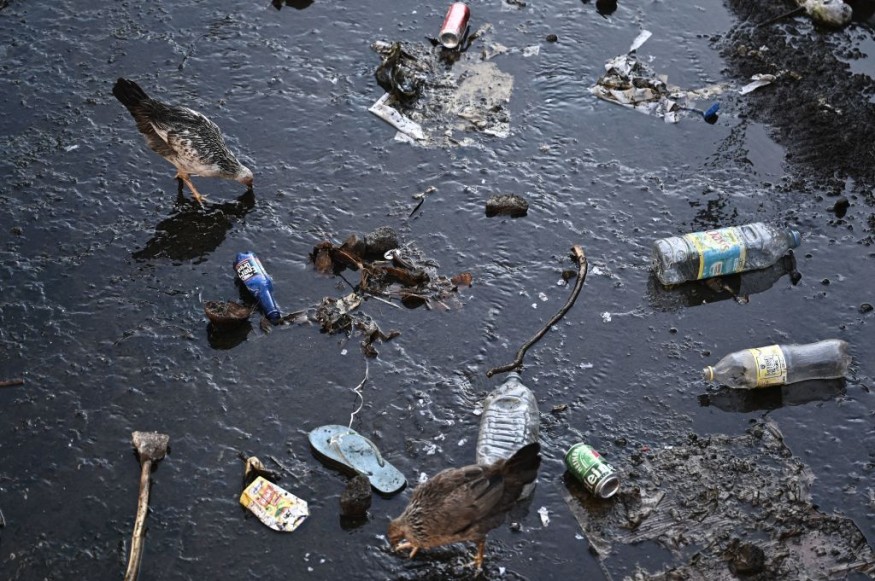New research revealed that plastic pollution could put about 200 million people at risk, causing frequent and severe flooding by blocking essential drainage areas or systems.
Plastic pollution has been a pressing global concern. Plastic and microplastic could affect the environment and animals.
As a result, experts, environmentalists and scientists are at the frontline to reduce global plastic consumption, which could harm the planet.
According to the UN Environment Programme, the report explained that plastic pollution is a significant problem, increasing the amount of plastic produced.
The report added that plastic pollution could affect the natural processes and essential habitats of animals.
Yearly, UNESCO report showed that about 8 million to 10 million plastic metric tons go into the ocean.
Plastic poses a serious concern because it takes about 500 to 1,000 years before it degrades.
Plastic pollution and flooding

In the latest report published in The Guardian, the article explained that about 218 million people in the poorest areas could be at risk of flooding due to plastic pollution.
The report added that plastic bags, nylon threads, bottles and sachets could block the drainage areas or systems,
According to the UNESCO report, about 50 and 75 trillion plastic and microplastics could be seen in the ocean.
As a result, reducing plastic in the ocean has been crucial to address problems of plastic pollution due to its potential impact on oceans and the environment.
However, microplastic particles are also a concern for the environment.
Meanwhile, the National Ocean Service said that small plastic like microplastic could impact living aquatic life and the ocean.
Based on the report, Resource Futures and Tearfund looked into the impact of plastic pollution on poorer communities.
The report highlighted that frequent and severe flooding occurred due to plastic pollution, affecting drainage systems, especially in countries in Indonesia, Bangladesh, Ghana, Nigeria, the Democratic Republic of the Congo (DRC) and Cameroon.
The researchers noted that plastic could worsen flooding, noting that poorer communities could likely suffer.
Furthermore, the report noted that they looked into the potential impact of plastic pollution, solid waste management, sanitation and drainage system.
The report added that flooding could likely worsen if countries and communities are not committed to improving drainage systems and solid waste management.
Meanwhile, the researchers explained that East Asia, South Asia and parts of Africa could experience the worst flooding, especially if countries are without mitigation efforts.
As a result, UNESCO emphasized reducing plastic use and patronizing environmental materials that could reduce the emergence of plastic.
The report highlighted the importance of plastic mitigation efforts that could help address the risks of flooding concerns.
Communities' and countries' commitment to developing environmental policies is crucial to mitigate plastic pollution.
Related Article : Increasing Plastic Pollution Likely to Reduce by 80% by 2040 if Countries Observe Solution-Based Practices
For more similar, don't forget to follow Nature World News.
© 2025 NatureWorldNews.com All rights reserved. Do not reproduce without permission.




